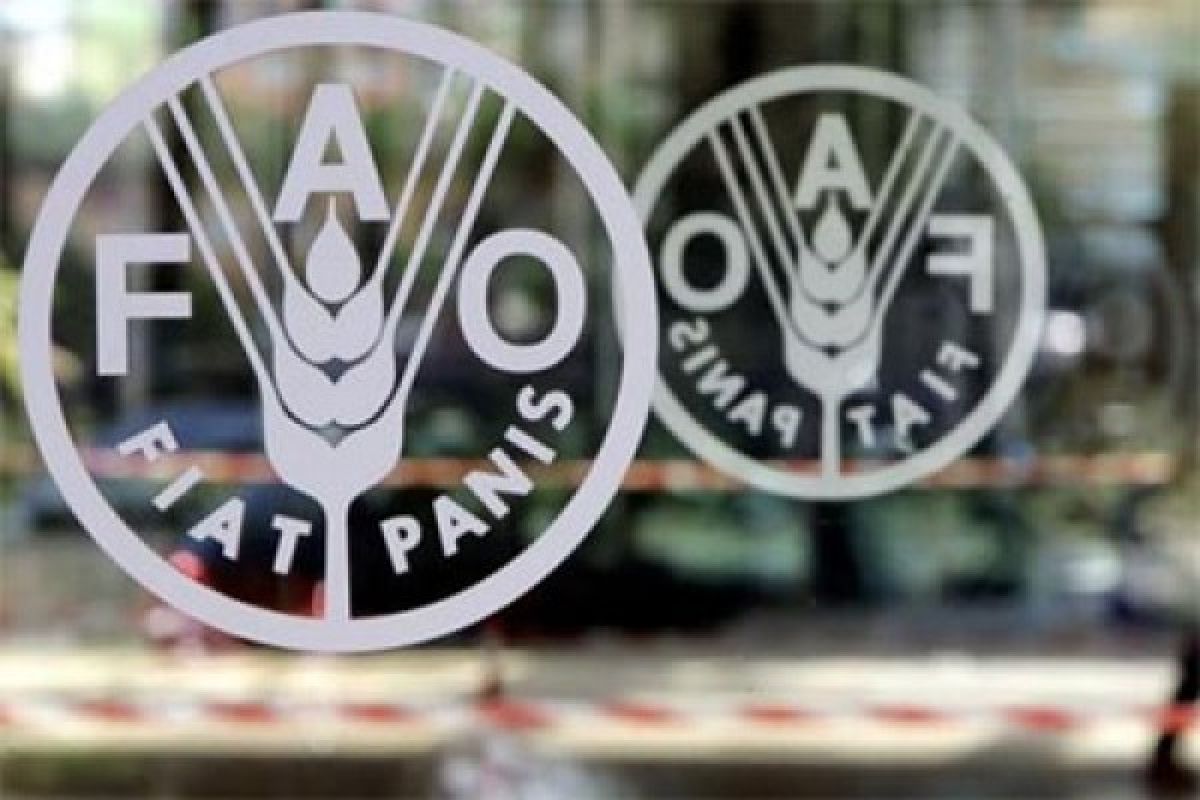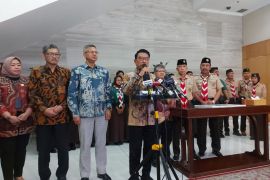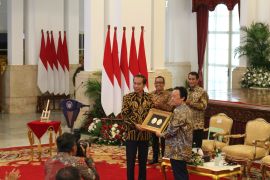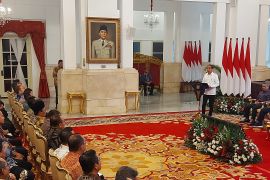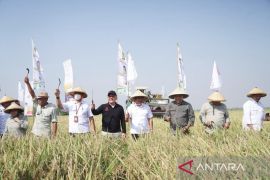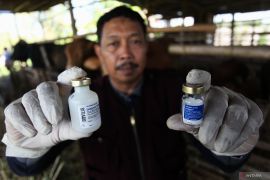Bogor, W Java, Feb 7 (ANTARA News) - The Food and Agriculture Organization (FAO) of the United Nations has urged Indonesia to expand the use of conservation agriculture techniques to develop a more resilient farming and bring wealth to the nation`s farmers.
"The conservation agriculture techniques have allowed smallholders to leave behind inefficient practices that could lead to the loss of most of their crops in dry years," FAO Representative in Indonesia, Stephen Rudgard, was quoted as saying on Thursday.
Speaking at the closing session of a workshop on conservation agriculture techniques in the East Nusa Tenggara city of Kupang on Thursday, Rudgard remarked that the techniques had also taken up some level of mechanization that offers higher returns.
"We hope that such techniques will be further expanded in Indonesia to develop a more resilient farming and bring wealth to the farmers," he noted as revealed in a press statement that Antara received from the FAO office in Jakarta on Thursday.
The Indonesian Ministry of Agriculture and provincial authorities of East Nusa Tenggara and West Nusa Tenggara have been working with over 16 thousand smallholders since 2013 to help them adapt to climate change using conservation agriculture techniques.
This new approach helps farmers to cope with extreme weather events while increasing their production and improving their soil.
According to East Nusa Tenggara Province Governor Victor Laiskodat, the techniques had enabled the farmers to preserve water and land as well as to utilize fertilizers effectively.
"The system will be sustainable, protecting the land, water, and environment," Laiskodat was quoted as saying at the closing event of the workshop that was attended by government officials along with the representatives of FAO, USAID, and non-governmental organizations.
The FAO recorded that among the poorest farmers in Indonesia, the smallholders involved in conservation agriculture increased their corn production to over four tons by taking up conservation agriculture during the El Ni?o drought in 2015 and 2016 when traditional methods gave only 2.5 tons or even less.
Apart from the higher production of corn, several farmers have also planted a variety of beans and other crops to improve the soil fertility and provide nutritious food for their families.
After four years of implementing the new techniques, farmers have also demonstrated that the quality of their soil had significantly improved, with much higher soil carbon and nitrogen content.
The new techniques have shown long-term environmental and financial benefits when compared to traditional farming practices, thereby enhancing the sustainability of small farms.
Meanwhile, Head of the Center for Agricultural Land Research and Development Deddy Nursyamsi underlined the benefits of applying conservation farming techniques in areas receiving low rainfall, as they increase the soil`s water-retention ability through the rainy to the dry season.
"Hence, farmers in those areas are able to plant two crops a year," he noted, adding that the increased need for labor had been met mainly by woman farmers, but in fact, conservation agriculture techniques had brought more income to farmers.
In early 2018, following the successes achieved in the provinces of East Nusa Tenggara and West Nusa Tenggara, these conservation agriculture practices were successfully introduced to smallholders in the provinces of South Sulawesi, Central Sulawesi, and Gorontalo.
Considering the positive impact of these environmentally friendlier farming techniques, Director of Food and Agriculture at the National Development Planning Board (Bappenas) Anang Noegroho said Bappenas is optimistic that conservation farming techniques would be replicated in other locations to support food security in the provinces.
Initially, the farmer groups have established Farmer Field Schools based on an approach developed in Indonesia more than two decades ago and currently adopted across the world.
Farmers have collaborated to observe tests of combinations of the new conservation agriculture techniques in special areas on their land, encouraged by government agricultural officers, the FAO revealed in its press statement.
Editing by Suharto
Reporter: Rahmad Nasution
Editor: Suharto
Copyright © ANTARA 2019
